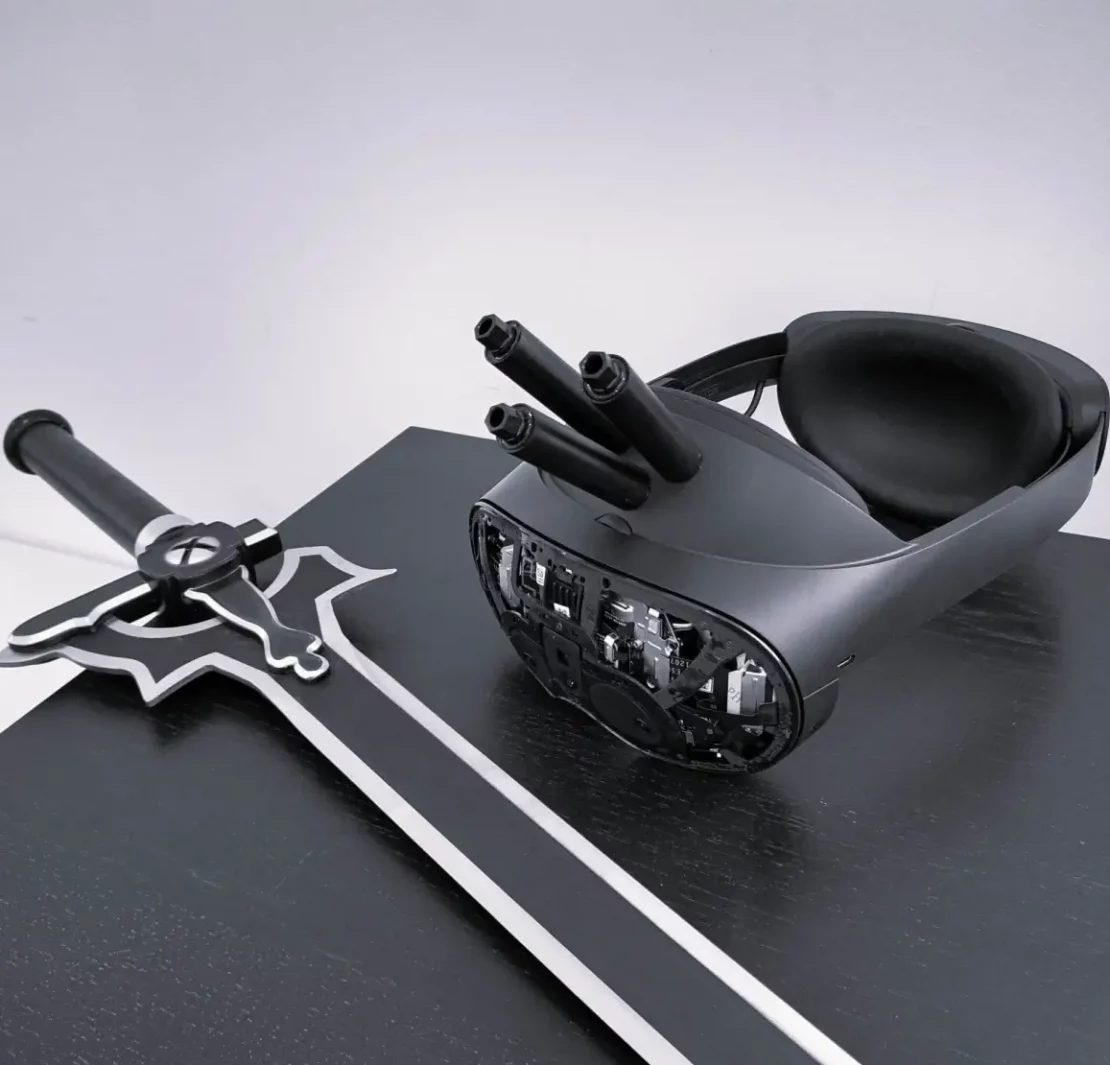Imagine getting hurt in real life when you get shot in Call of Duty. Sounds painful, does it not? Let’s take this one step further: imagine dying in real life when your character dies. The stakes of losing in a video game are instantly raised. Oculus co-founder Palmer Luckey recently claimed he had modified a VR headset to explode when the wearer loses in a video game, killing the user in real life, too.
In a blog post describing his device, Luckey writes that “only the threat of serious consequences can make a game feel real to you.” He likens such consequences to a “long history of real-world sports revolving around similar stakes,” though it’s important to remember that most sports injuries fall well short of instant death.
The idea of tying your real life to a virtual avatar has long been explored, and Virtual Reality gaming headsets were a big leap in this direction. As gaming evolved, people became more curious about how reality could be altered with technology. One way of deepening reality and blurring the lines between the virtual and visceral is to have a player feel real-world pain. Losing a normal game would only result in a moment of frustration, but imagine if it was painful?
In 2001, an art installation by the name of Painstation explored this very concept. The installation was very simple; two players would each have their hand placed on a sensor unit that would shock, burn and lash them if they dropped a ball in a simple bar tennis game. The game ends only when one of the players decides that the pain is too much to bear and lifts a hand off the contraption. The installation designers described seeing people leave the table bloodied and with bad burns but content that they did not back down. In 2010, the University of Pennsylvania created a tactile gaming vest that could make wearers feel a punch or a gunfire hit in sync with what’s happening on screen in a pursuit to make something more realistic out of the gaming experience.
Retro console games have become old news for gamers who prefer to slip into an alternative universe where they can immerse themselves completely in virtual reality that creates an atmosphere of total emotional absorption. And Luckey’s invention, which will probably never be on the market for ethical reasons, explores this very frontier.




